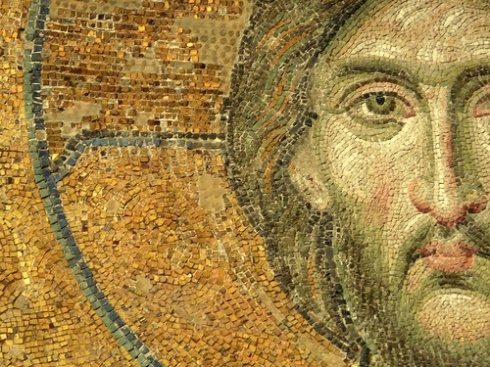 This is the final in a 3-part series on how many – if not most – Christians have a deficient view of heaven and of what our eternal destiny is.
This is the final in a 3-part series on how many – if not most – Christians have a deficient view of heaven and of what our eternal destiny is.
This is where the Gospel touches something deep within us, something that tells us that there really is hope, that what we are doing really is worthwhile in the end, that there really will be a day when everything will be put right. And it is not a hope in the sense of ‘gee I hope it happens.’ It is a hope based on historical fact. If we don’t believe that, it would ultimately be empty and unfulfilling and wouldn’t be real hope.
If God hasn’t come to earth in the physical person of Jesus, and if that Jesus wasn’t physically resurrected, then nothing really matters. We can make our own meaning and do all we can to bring justice while people are here. But if deep down we still know that it is not everlasting – that in the end everyone still dies and rots in the ground – then there is ultimately no justice, and no hope, and we come back to this sort of philosophy of a Richard Dawkins which says,
“In a universe of blind forces and physical replication, some people are going to get hurt, others are going to get lucky, and you won’t find any rhyme or reason in it, nor any justice. The universe we observe has precisely the properties we should expect if there is, at bottom, no design, no purpose, no evil and no good, nothing but blind, pitiless indifference.”
Another Richard, Franciscan priest Richard Rohr, says that the human soul can live without success but it can’t live without meaning. Deep down we all crave significance. We all want to be part of something that matters, something that lasts. Rohr quotes Albert Einstein who said,
“The only important question is this: Is the universe friendly or not?” Can it all be trusted? Is the final chapter of history victory and resurrection or a dying whimper?”
Continue reading
 Rowland Croucher recently had a piece on his website called The Gospel Question. It is from a Bible study that Rowland runs at his Wednesday Koinonia group. Much of what is said reflects my recent pieces on ‘What is the Gospel?’. It starts off with the following:
Rowland Croucher recently had a piece on his website called The Gospel Question. It is from a Bible study that Rowland runs at his Wednesday Koinonia group. Much of what is said reflects my recent pieces on ‘What is the Gospel?’. It starts off with the following:










